BRYCE EVANS EXPLAINS THE HEALING POWER OF PHOTOGRAPHY AND COMMUNITY
By Darshel Diaz
While struggling with anxiety and depression as a teen, Bryce Evans picked up a camera to document his feelings. Now an award-winning photographer, Tedx speaker and the founder of The One Project, he shares how photography can be used as a therapeutic medium to heal past traumas and maintain positive mental health.
Bryce sat down with Photographers Without Borders (PWB) founder Danielle Da Silva for a candid conversation, which dove into his personal struggles with loneliness, the benefits of therapeutic photography, becoming your authentic self and healing through community.
Below are edited excerpts from the discussion—just one of many in PWB's ongoing Storytelling for Change webinar series.
Da Silva: I've been excited for this session, not only because I've heard so many good things about you from other people, but also because I admire the work you're doing. I strongly believe in photography as a therapeutic tool. Can you share a little about yourself and The One Project?
Evans: The One Project is a social enterprise that evolved out of my first series of photos. It was a way of talking about my mental health for the first time. I went through a lot of depression and anxiety as a teenager, but I didn't really know what was happening at the time. Through my photos, I created stories focused around loneliness. And I saw how no one was talking about how photos could be used to express this feeling.
One photo I took has a second person in it, but I only noticed them a year or two after creating the series and sharing with others. You have your intention and your perspective with your photos, but by sharing them, you spark insights in other people. Having conversations can change how you see it and how you feel about it. Going through that process years later and working on myself, I understood that I had people in my life who were there for me—friends and family. But at the time, I wasn't able to see the support. I almost intentionally created loneliness in my photos and in my life.
Images by Bryce Evans
Da Silva: We share so many of the same struggles and often don't talk about them, which is the biggest power behind what you're doing. You're creating a community of people who can talk. I think a lot of folks are hesitant to delve into work like this because they feel they're not professionally qualified. What's your background?
Evans: My background is in marketing. I'm mostly self-taught in everything artistically, so a lot of what I do is learning on my own. But there are struggles. There's confusion about this type of work and the terms being used. We call it therapeutic photography, and that's the main term if you're not a professional or working with a therapist. We use many of the same techniques as phototherapy, which is done with a registered therapist. It can be a challenge, but having the right places to direct people if they're in crisis or if they do need professional help is one of the most important pieces.
Images by Bryce Evans
Da Silva: There's a lot of strength in the fact that you're not a mental health professional. And the idea of building an online private mental health community is interesting because it allows the community to build it into whatever it needs to be to support one another. But in creating a community like that, what protocols have you taken to ensure it's a safe space?
Evans: Yes, we have a private community. It's not indexed by Google, so you have to log in and become a member to access any of it. We do share a lot of stories publicly, but we have different sequences in place for people to give permission. Anytime we share something on our website or social media, we've gotten express permission from those members. A lot of people share stories, sometimes for the first time, so it needs to be a safe and supportive space.
Da Silva: There's a great quote I came across by Howard W. Thurman. He says, "Don't ask what the world needs. Ask what makes you come alive and go do it. Because what the world needs is people who have come alive." I think your struggles can become your superpowers and help you realize a part of yourself that you may not have even known before. Just generally what are your reactions to that?
Evans: I got shivers, which is always a good sign. That’s it perfectly. I've seen very clearly myself with this project. And I've seen how other mental health advocates have become stronger and more educated about mental health issues through their lived experience. They have a lot of value to share with the world.
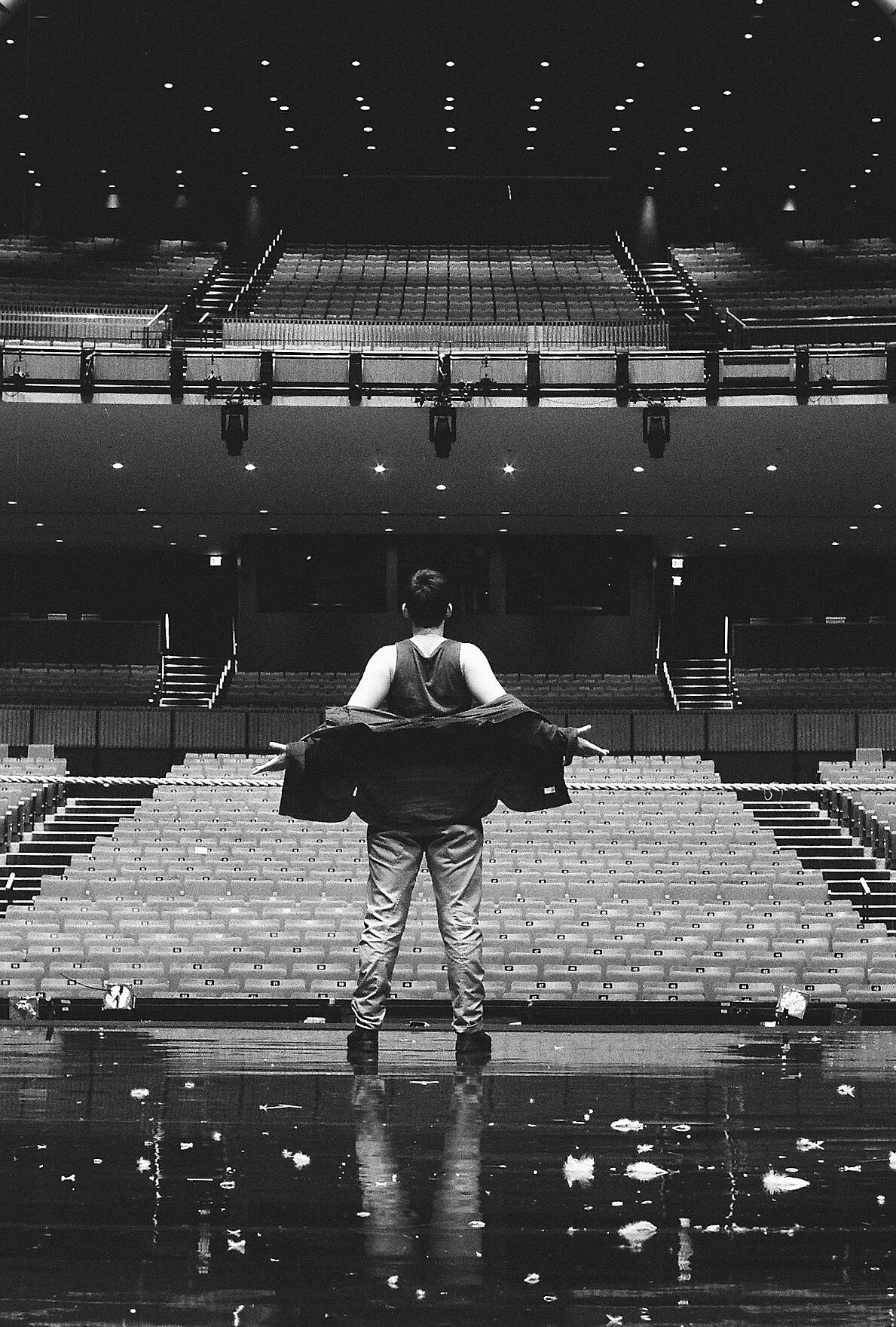
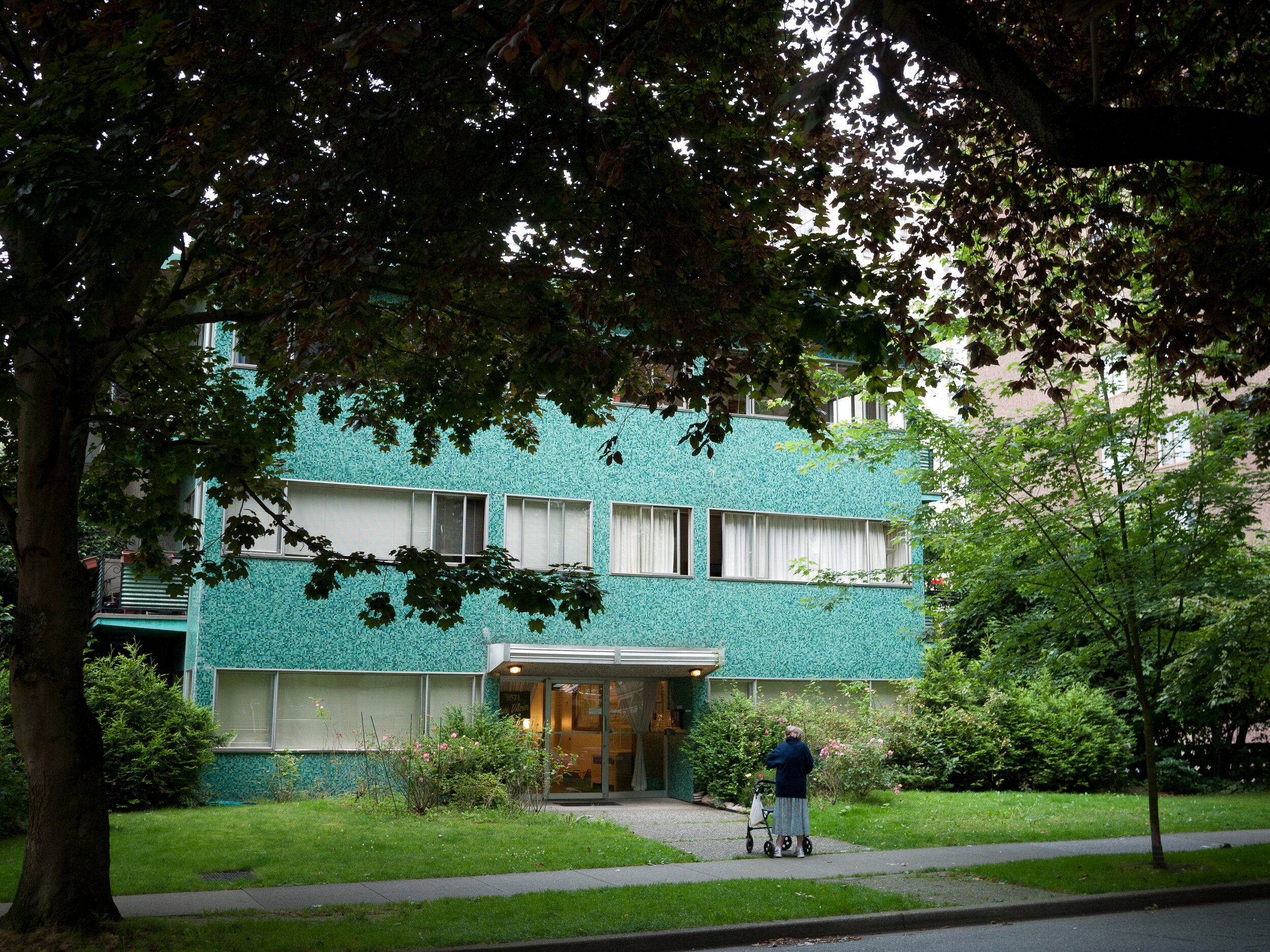
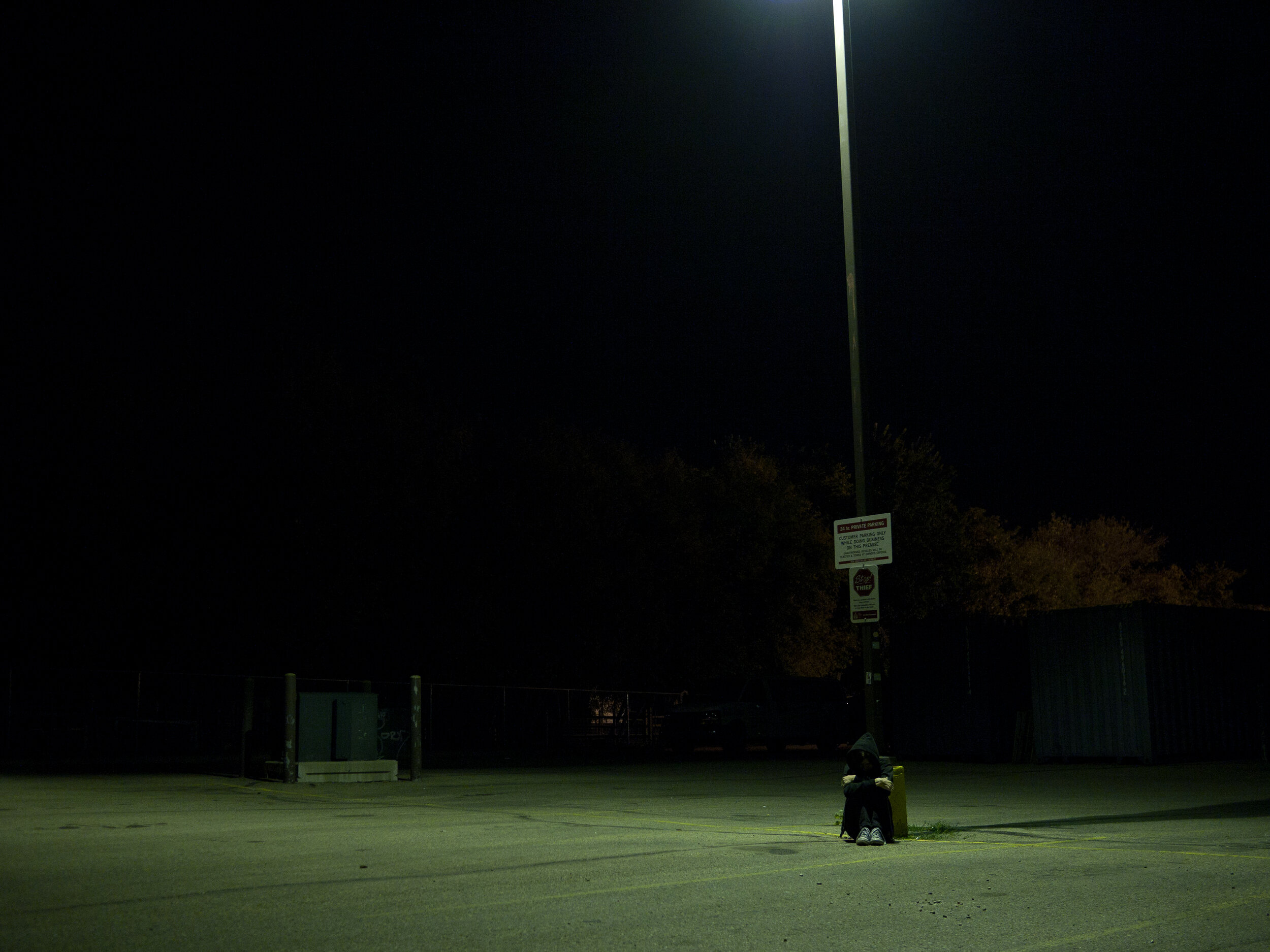
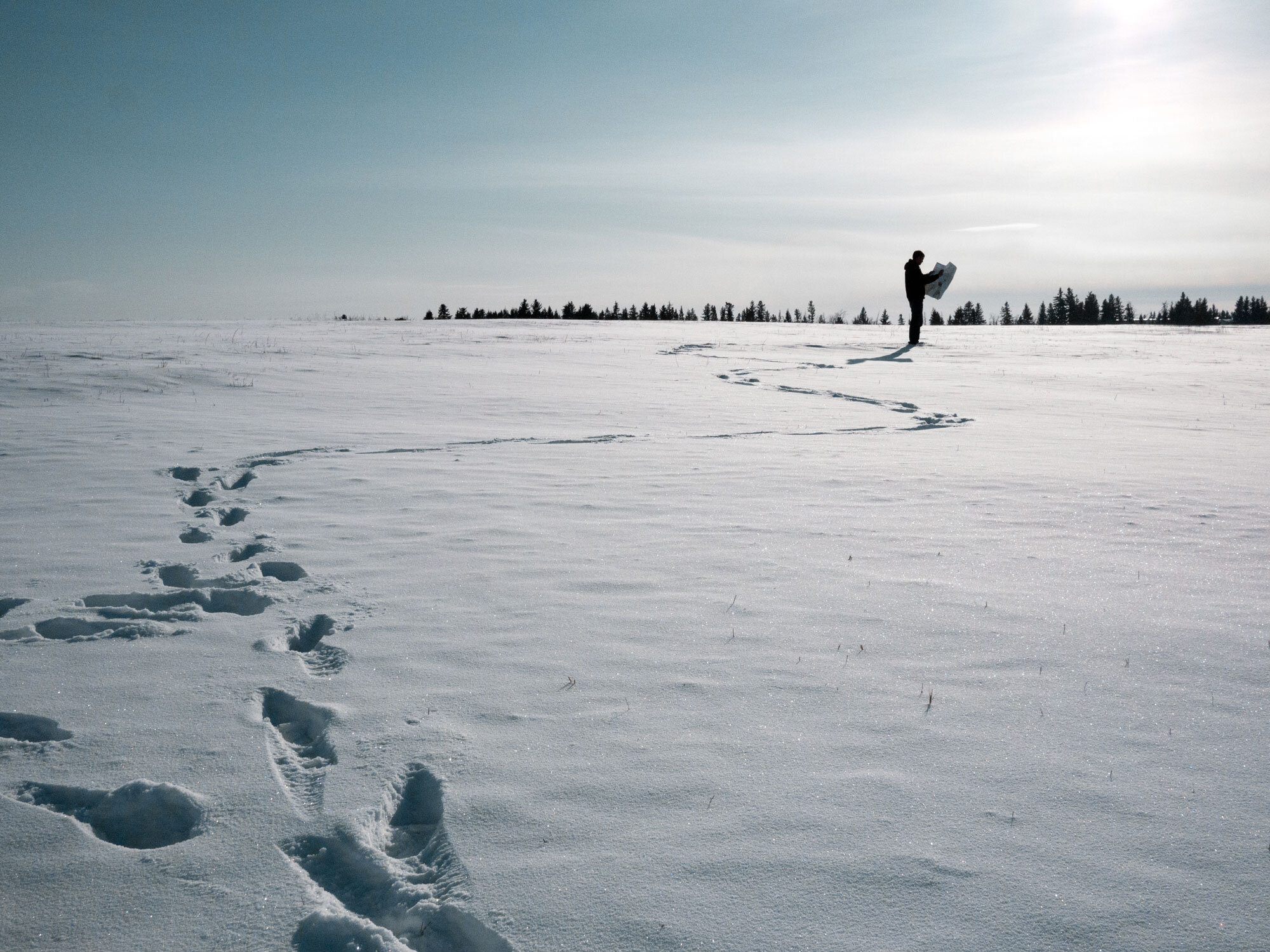
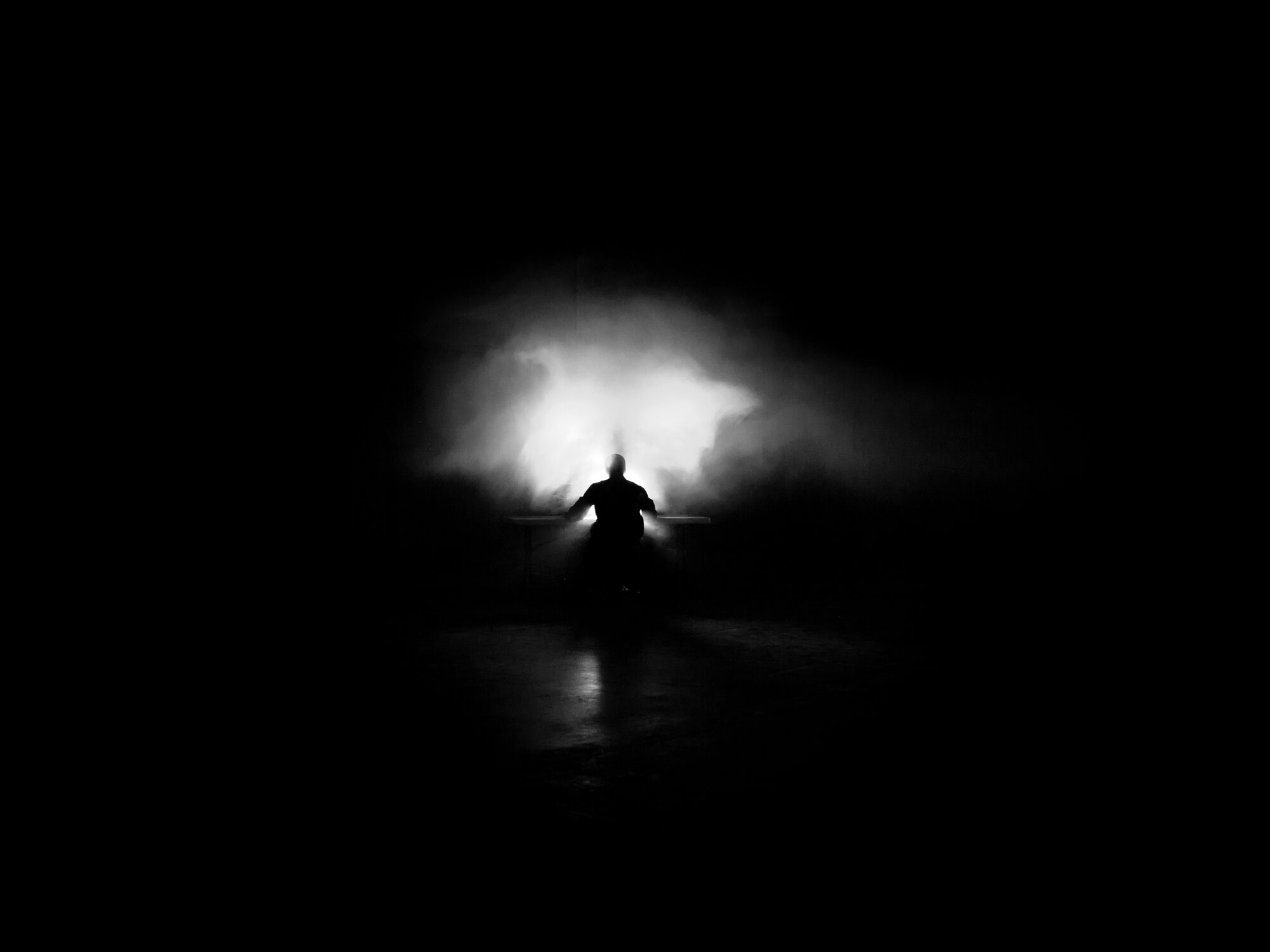
You can watch Bryce's full interview, and the entire Storytelling for Change series, by becoming a PWB Member. You'll have full access to the series, which features notable photographer storytellers from around the world. To join our upcoming sessions, register here.




